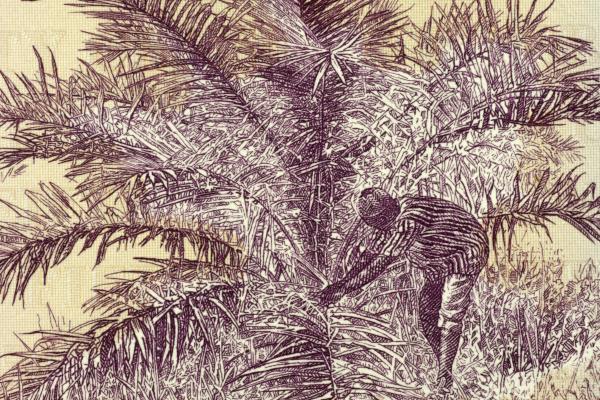
Abstract
Poro, Bundu, and Sande are power associations located in a broad swathe of West Africa encompassed by the present-day nations of Sierra Leone, Liberia, Guines, and the Ivory Coast. This lecture is geographically focused on that part of this region in which they have been most active: Sierra Leone and Liberia. Poro is a men’s association while the parallel Bundu and Sande societies (the different names are determined by region) are women’s organizations. Often referred to as ‘secret societies’ because of their role in guarding, mobilizing, and transmitting esoteric knowledge, they are the institutions through which societies are organized and governed. As an initiation society, Poro inducted young men into full adulthood, while Bundu or Sande performed the same duty for young women. Poro also had important military, commercial and judicial authority including the power over life and death. In pre-colonial times, no chief in Poro areas could rule effectively without its cooperation.
This lecture examines how these power associations adapted to the changing political environments after Freetown was designated a British Crown Colony in 1808, and the arrival of African American settlers to Providence Island in 1820, followed by the creation of an independent Liberian republic in 1847.
Jacien holds a PhD in History from the School of Oriental and African Studies (SOAS). Dr. Carr is also the assistant director of the Center for African Studies and the vice president of the Liberian Studies Association. His research focuses on African military history and pre-colonial West African history with a specialization in cultural and power associations.
Picture: Palm Nut Harvesting on 50 Dollars 2009 Banknote from Liberia (courtesy of iStock)
